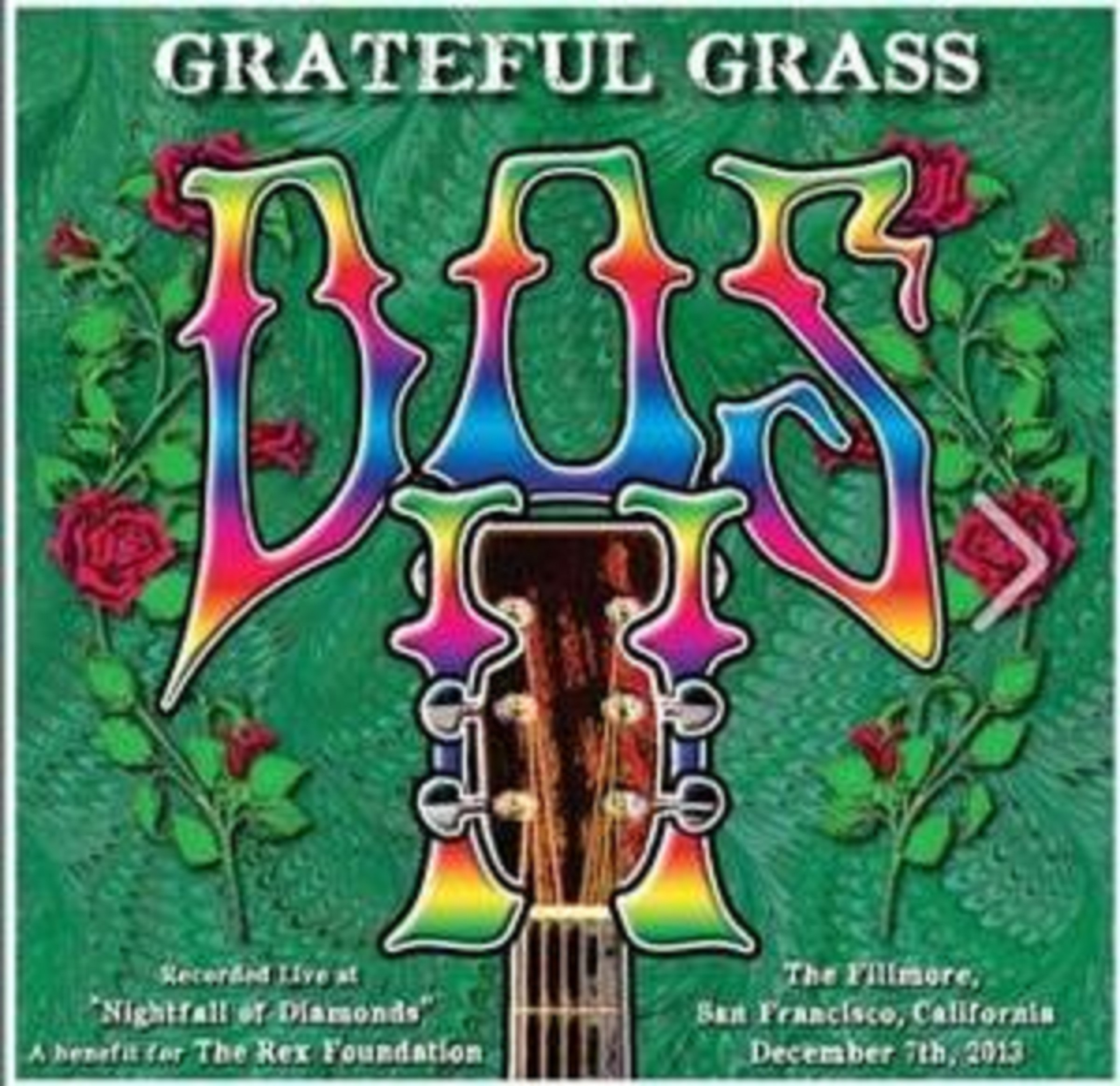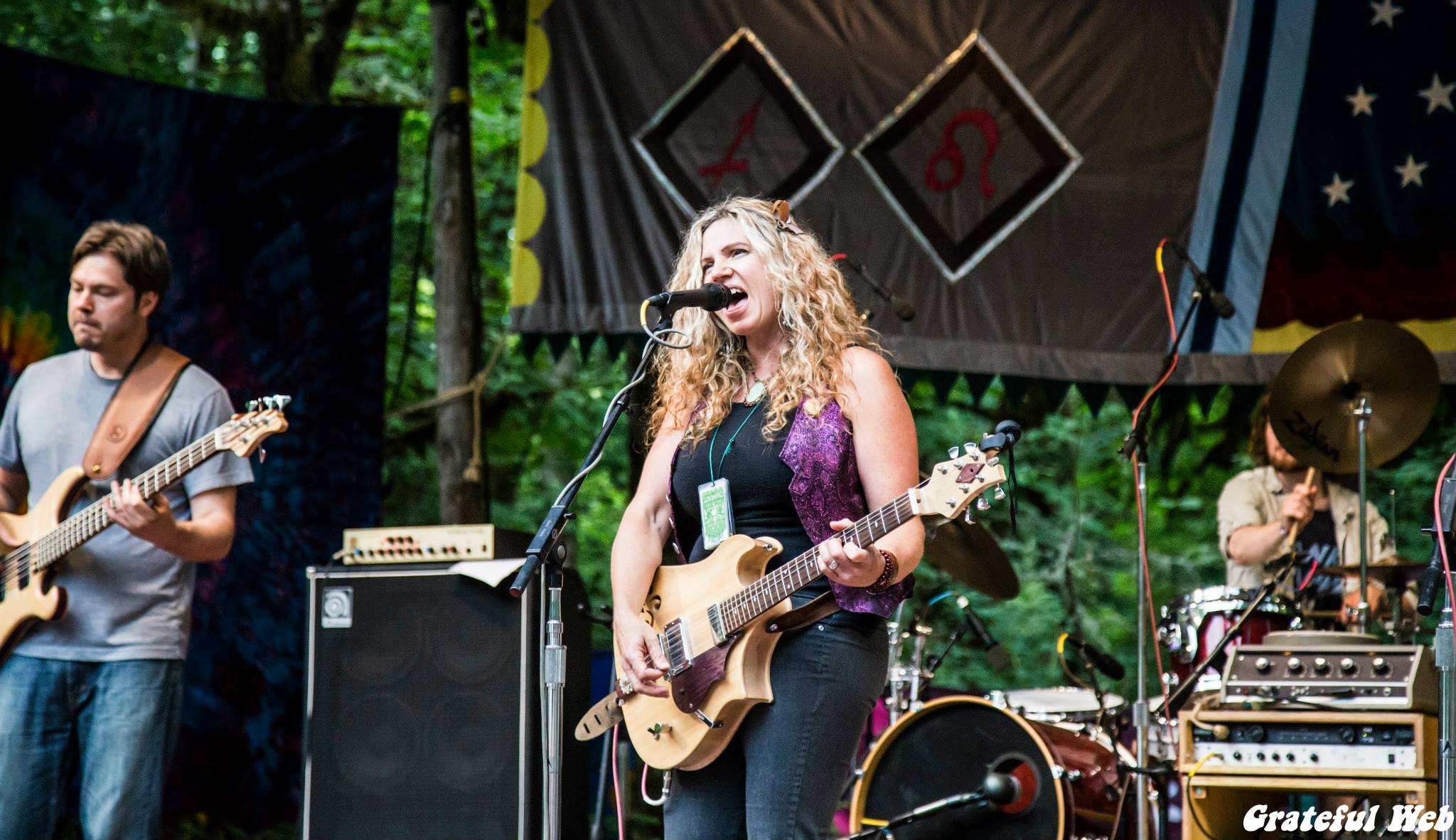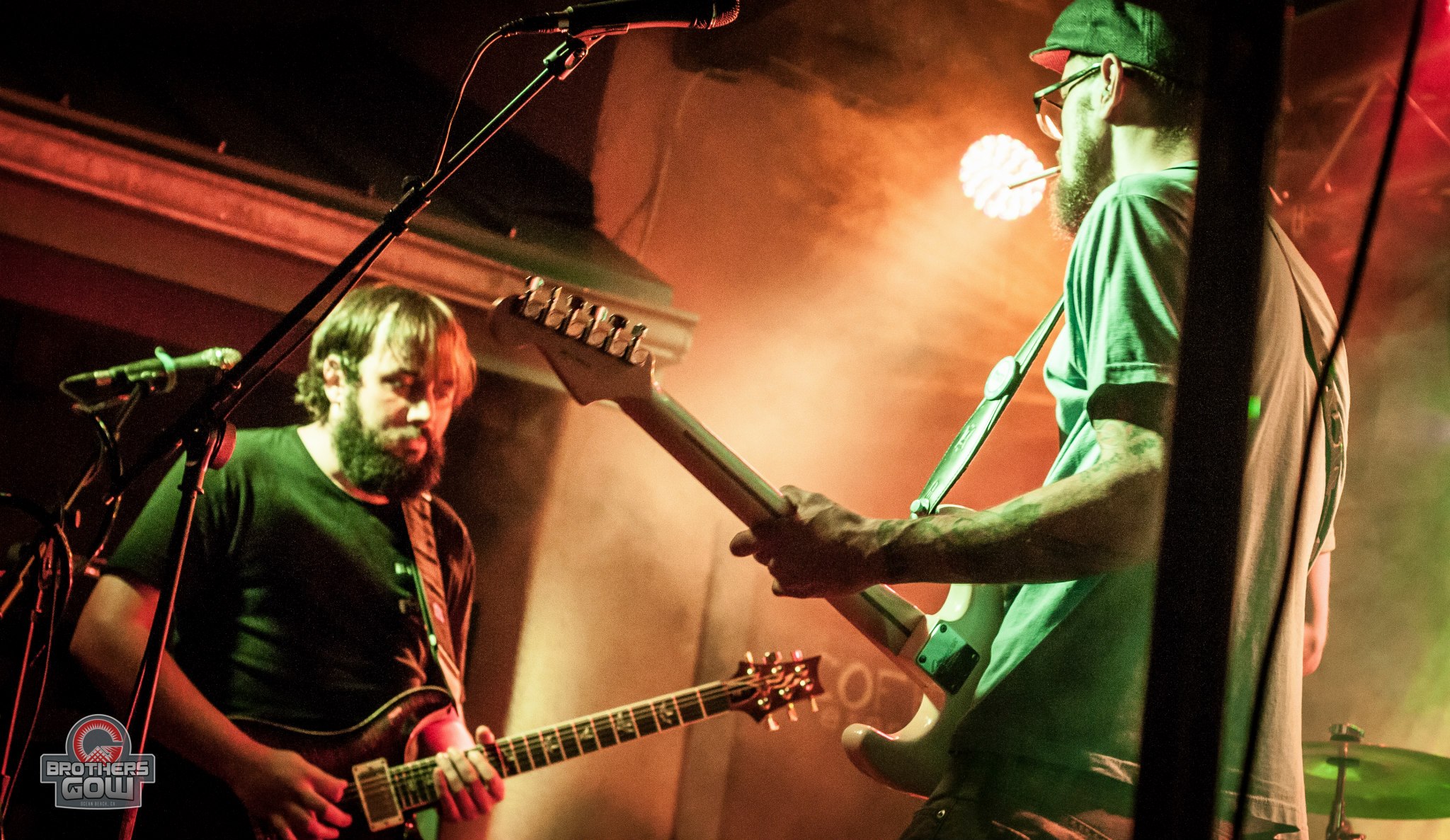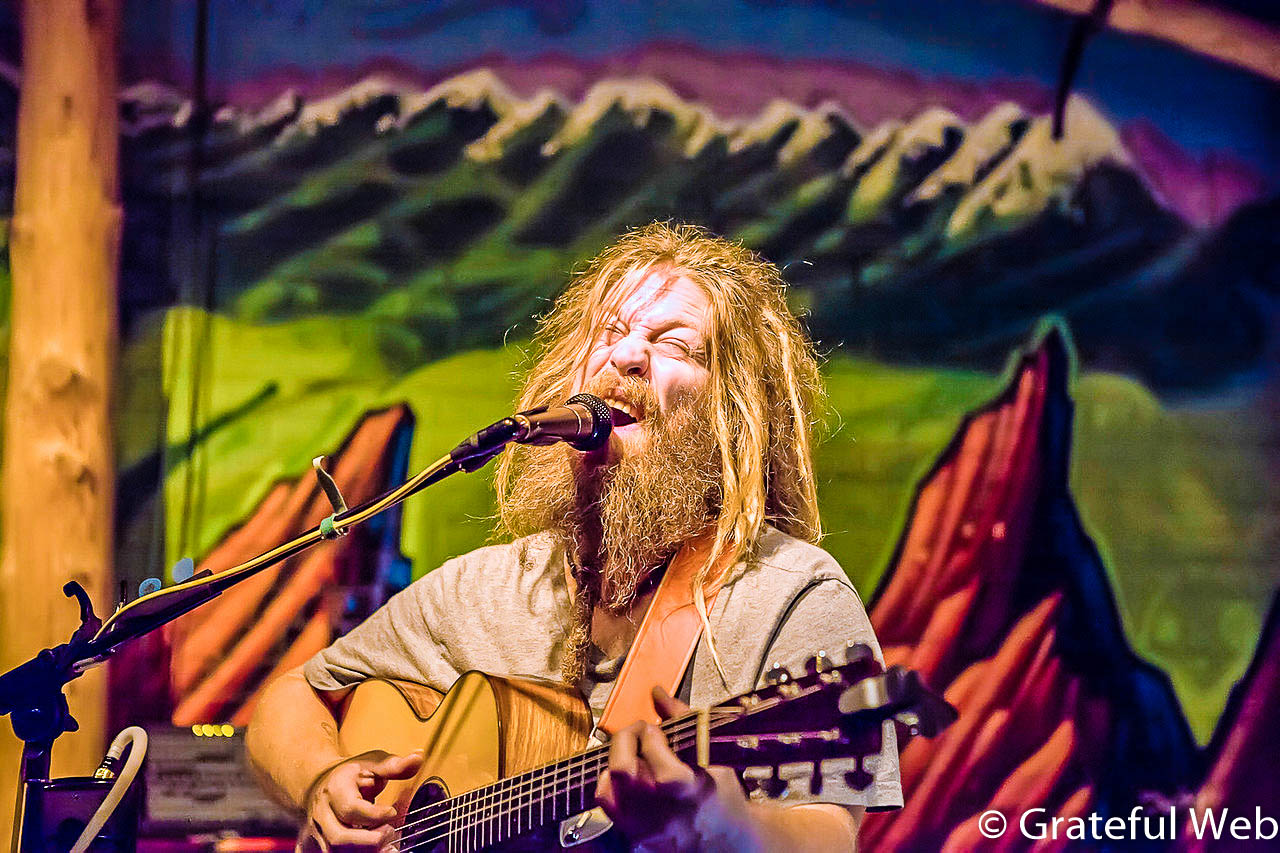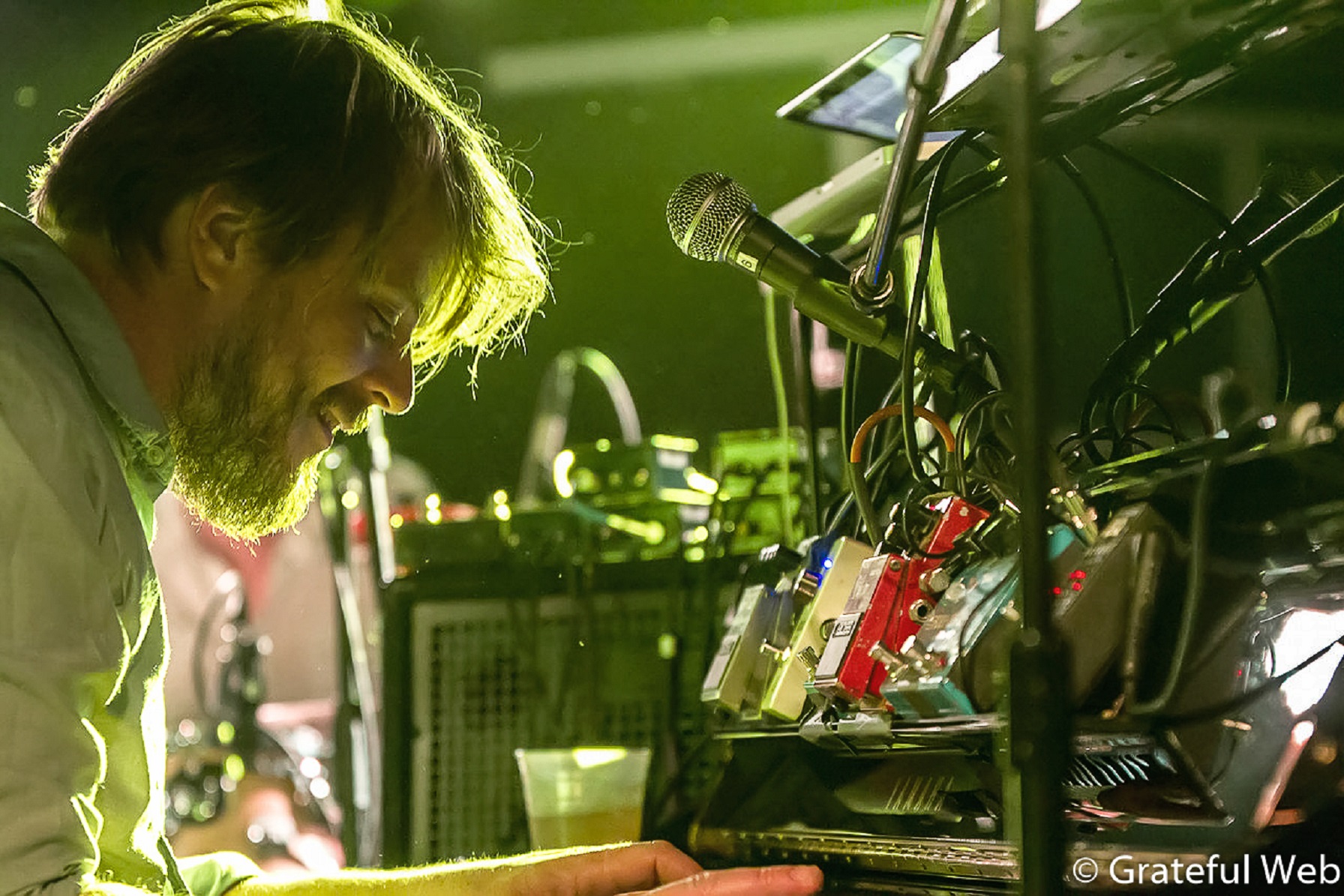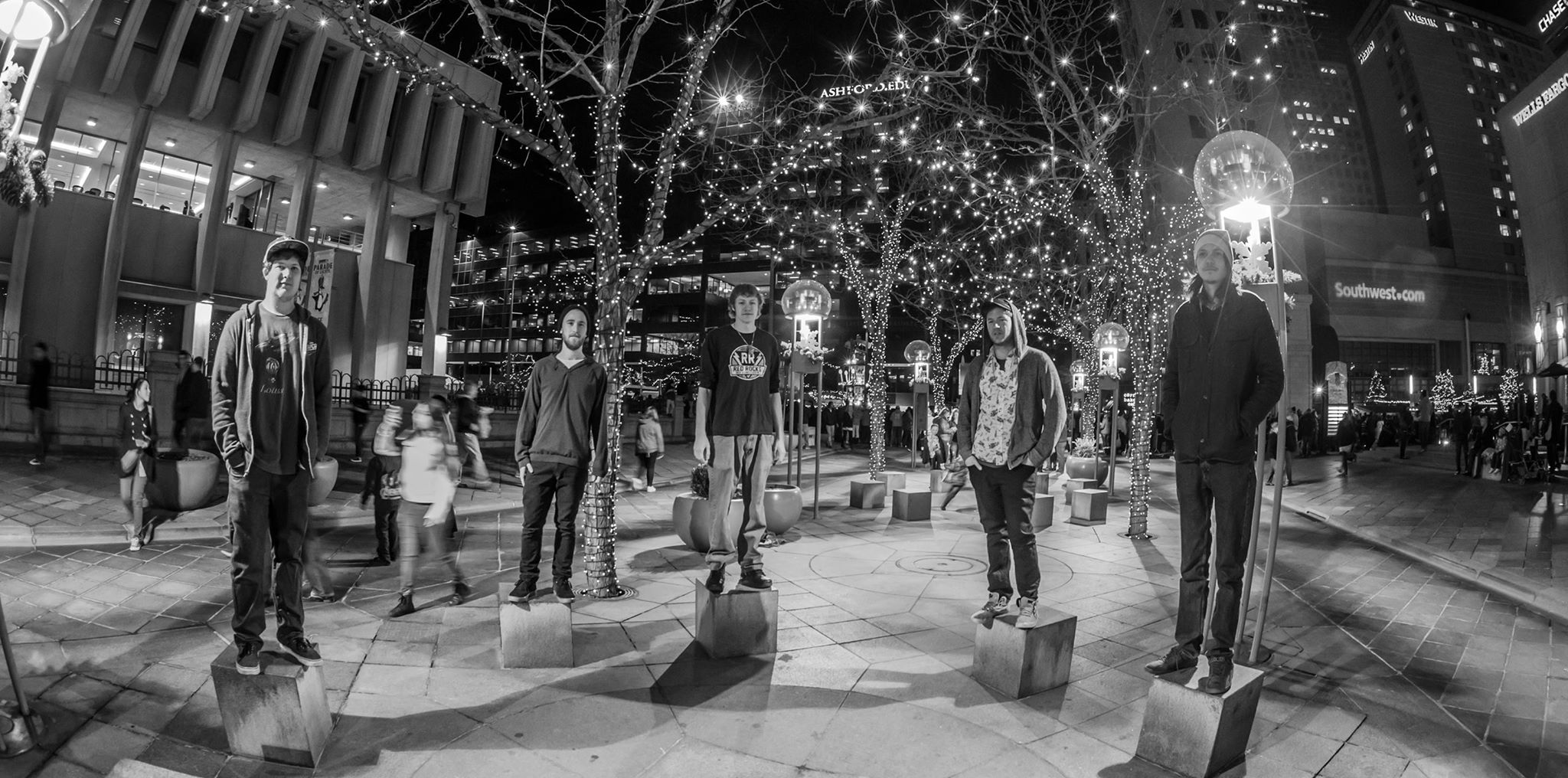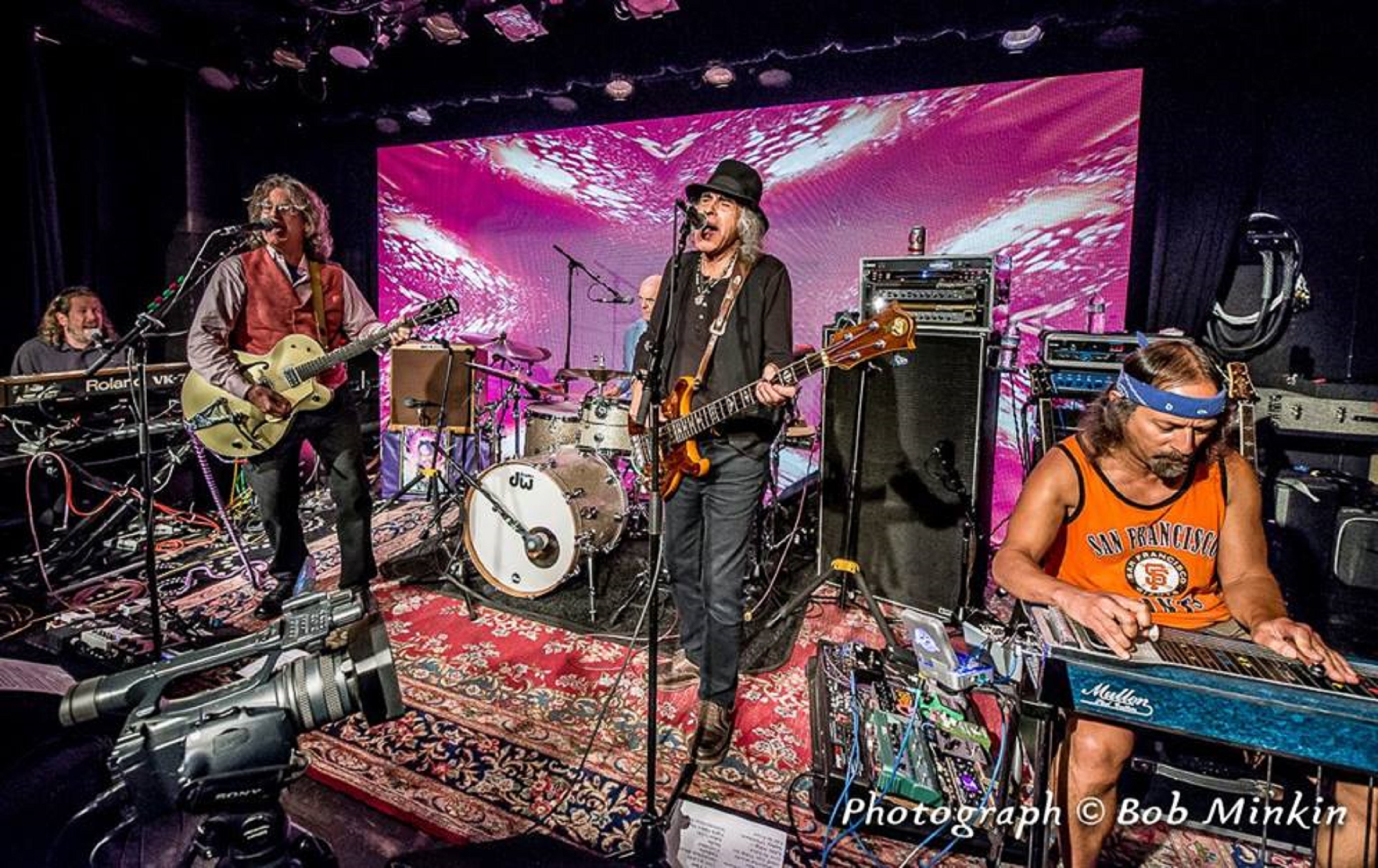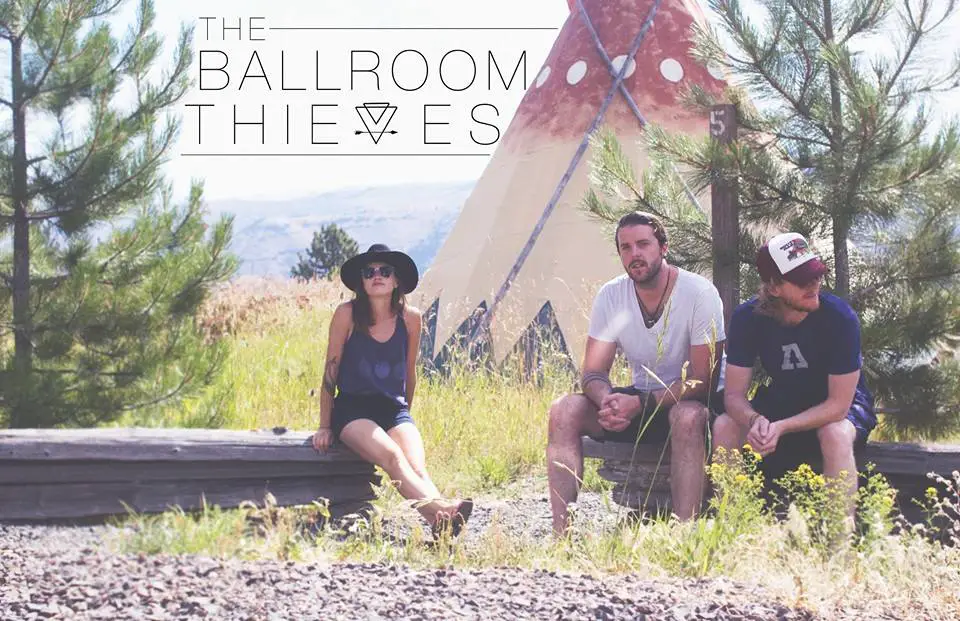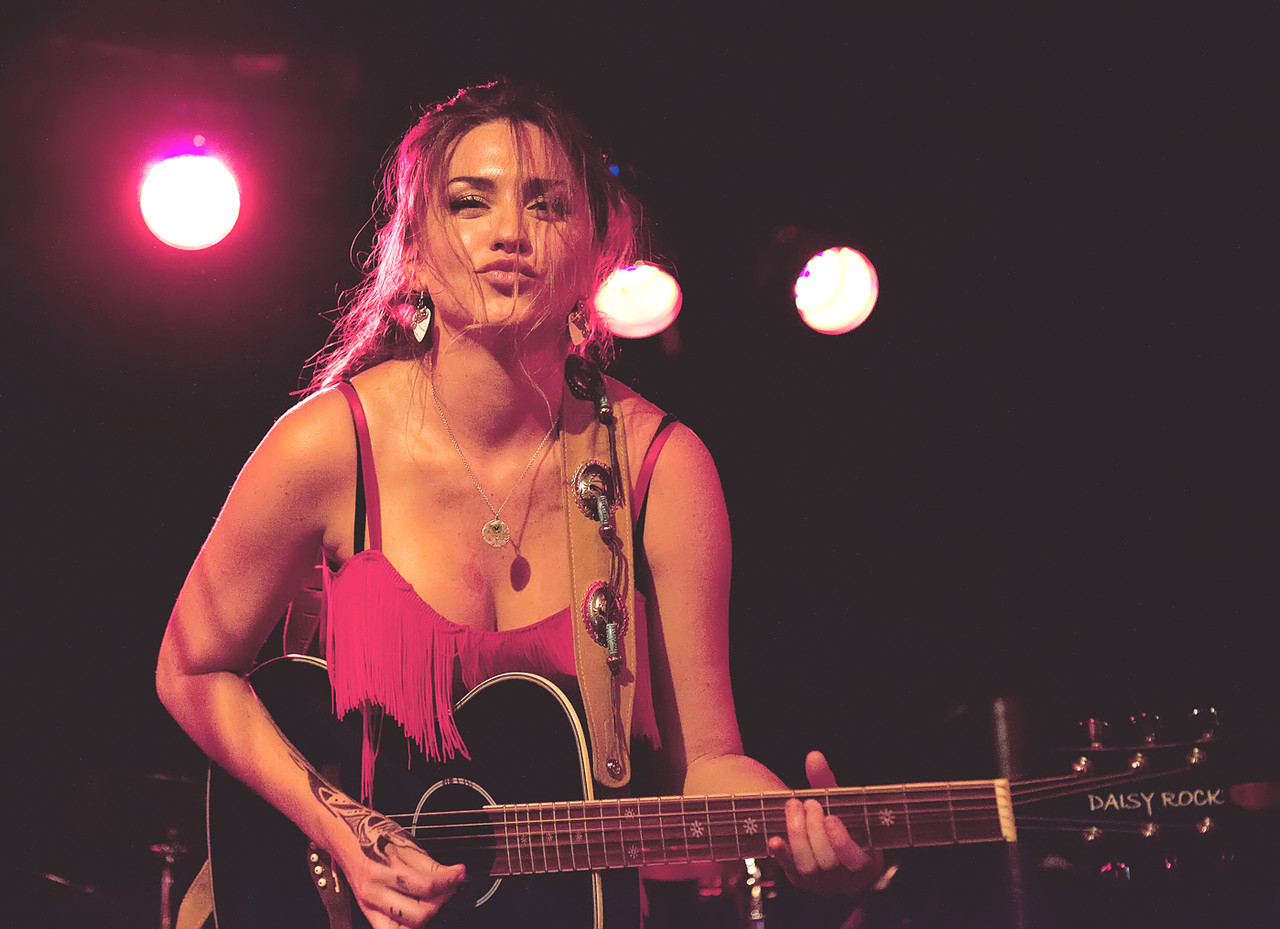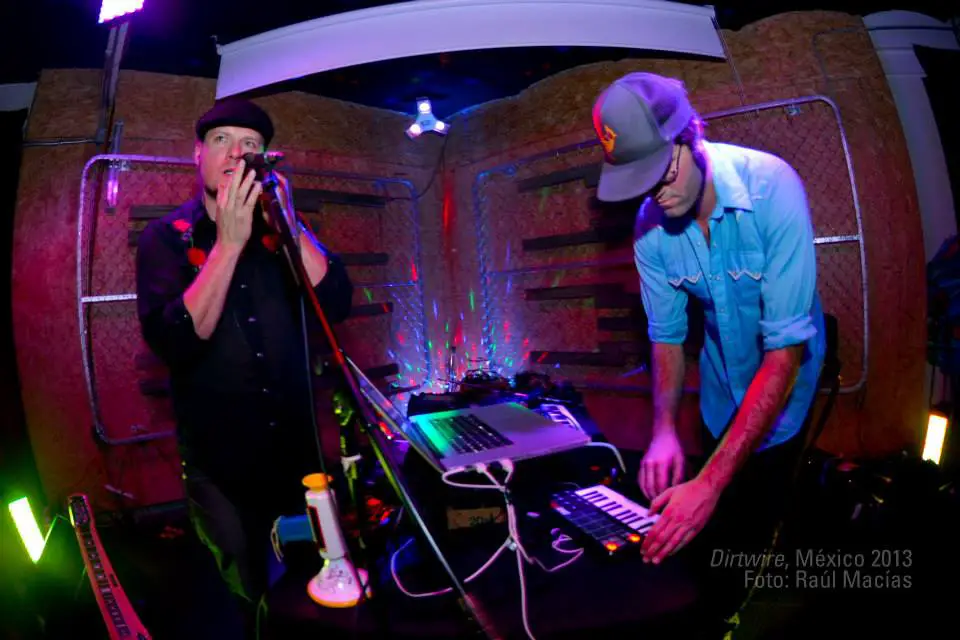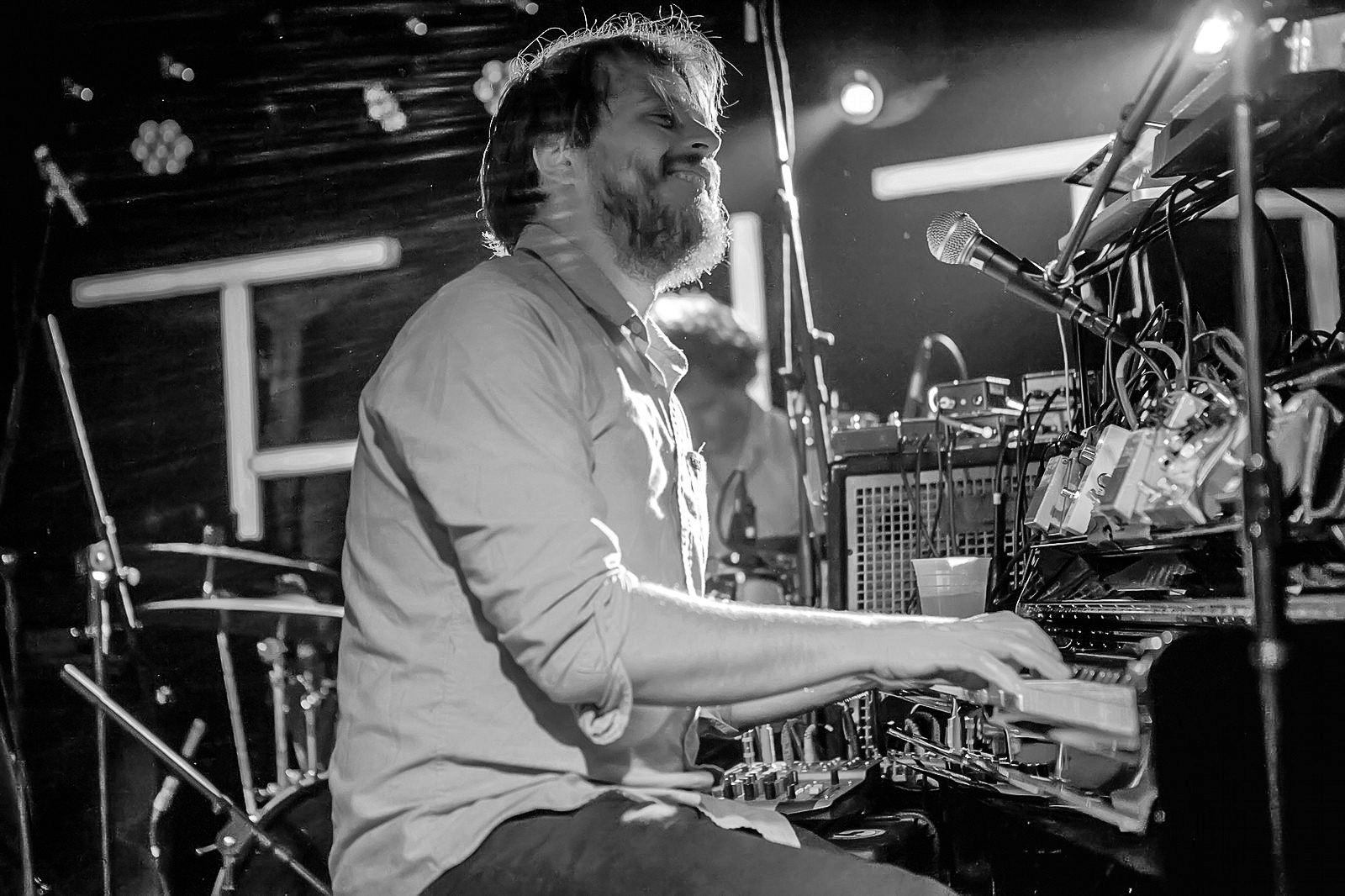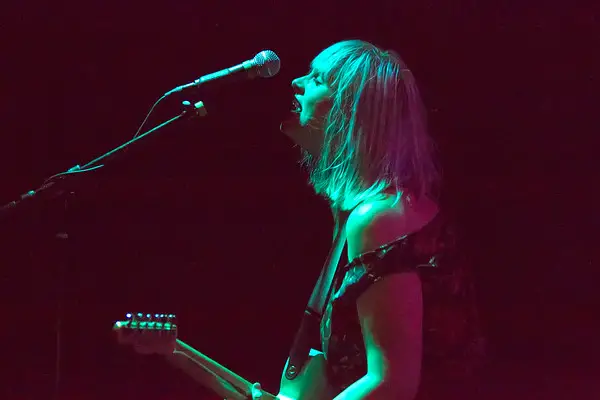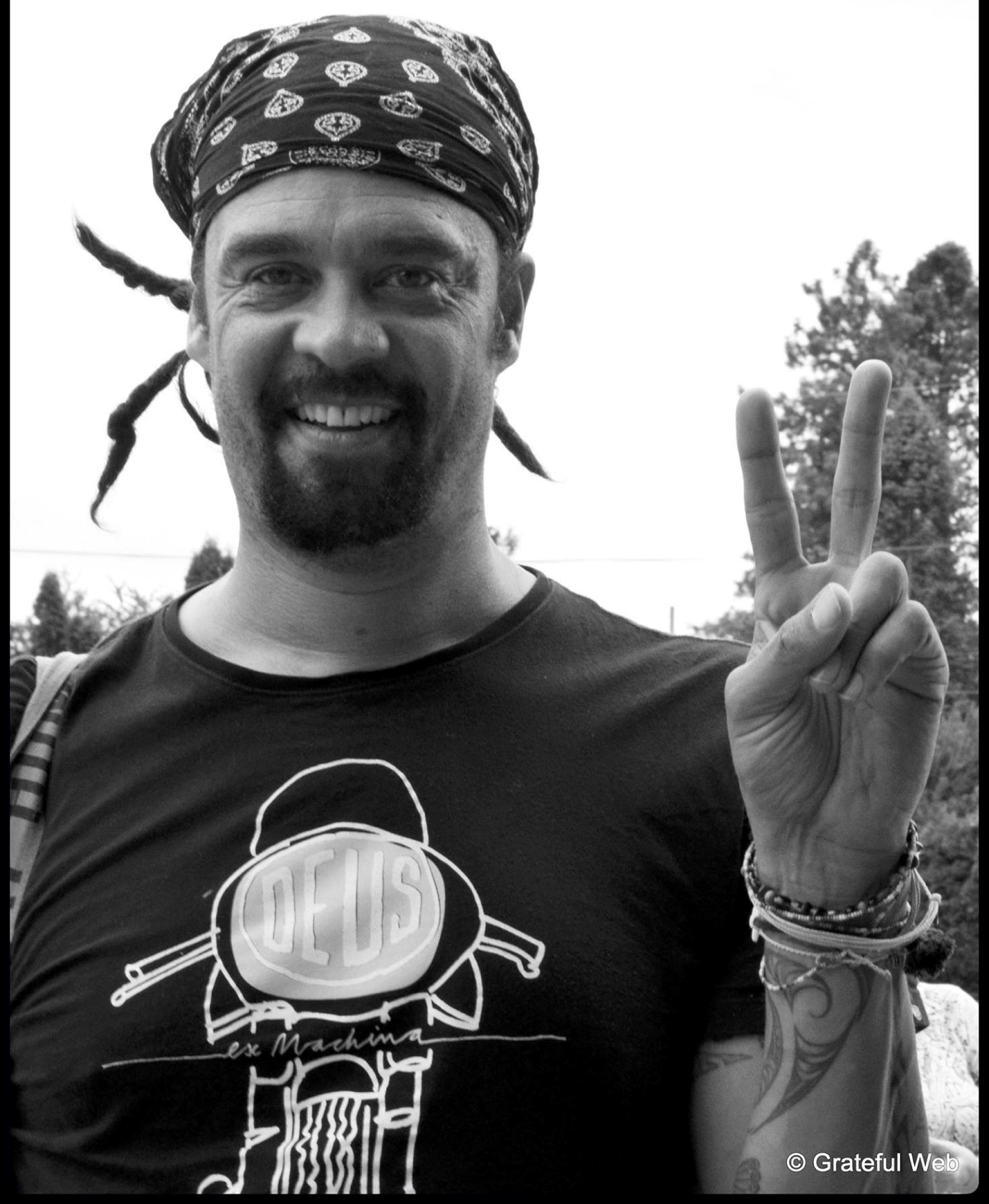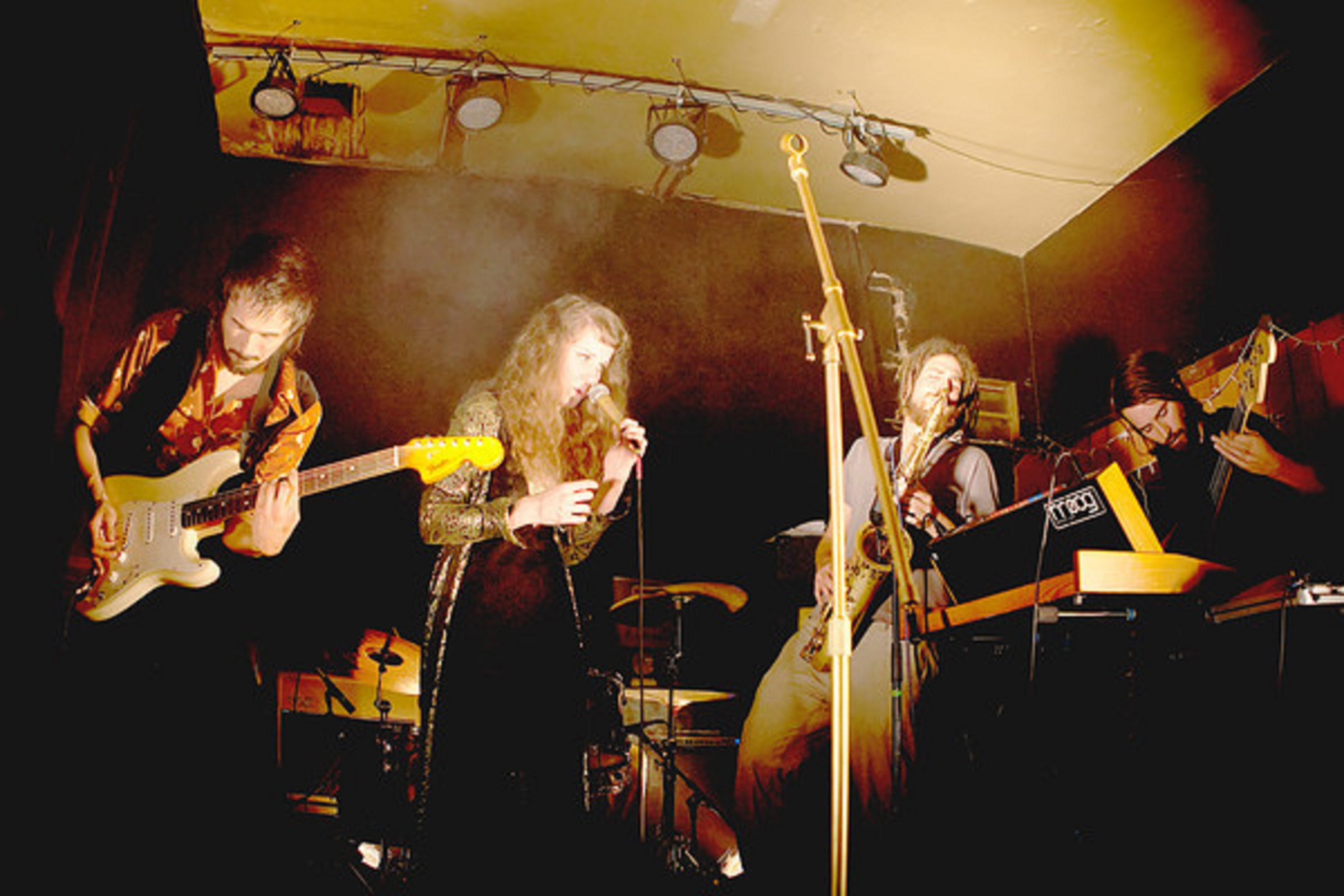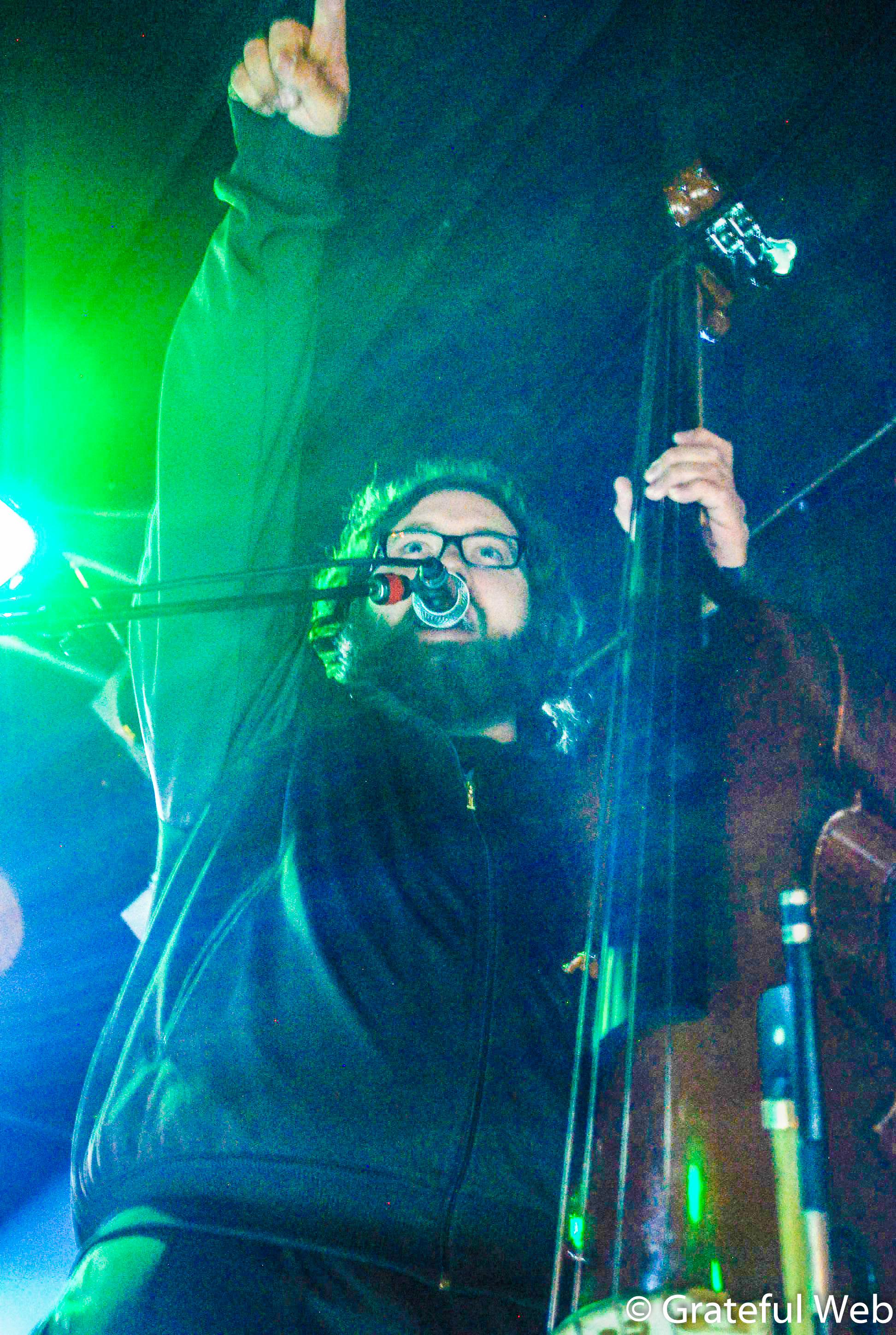Keller Williams has announced his latest album release, DOS. DOS is a live-recorded collection of songs from the Grateful Dead with all proceeds benefiting the Rex Foundation. Keller’s talent and passion as a musician and for the Grateful Dead is reflected beautifully in DOS. Over the years, Keller has collaborated with renown artists in the community and this new release features some of these artists: Jeff Austin, Keith Moseley, and Michael Kang. With now over 20 records released, an appreciative Keller William talks to Grateful Web on the release day of DOS.
GW: Hi Keller, this is Vinh Nguyen with Grateful Web. How are you?
KW: Good, good. How are you doing?
GW: I’m good. Are you ready to go?
KW: I’m ready to go.
GW: All right, I’ll get straight to the point. You have a new album, DOS. That should be released today digitally, correct?

KW: That is correct – digitally only.
GW: That’s only released on the website…
KW: Nugs.net [also available on iTunes]
GW: Now, I know your 2013 album KEYS is a piano Grateful Dead cover. Did you have any particular goals here in creating this DOS album?
KW: No, these projects are just excuses to play Grateful Dead music and kind of get away with it.
GW: Sure [laughing].
KW: That’s the whole reason behind it. The KEYS record I have always wanted to release just a record of me on keys/piano and vocals but never felt like it was the right time and the right material. Once I am able to give all the proceeds to the Rex Foundation, it made it logical and it made sense. And that’s what these projects are is just a mere way to entertain myself by playing Grateful Dead music, which is what I do anyways. Now, I get to do it for a reason.
GW: Right, the record [DOS] is for the Rex Foundation (http://rexfoundation.org) similar to your previous two albums: the KEYS and the REX. Is there anything specific about the Rex Foundation that’s important to you?
KW: Absolutely. It was started by the Grateful Dead.
GW: Right, it’s a non-profit, charitable organization started by the Grateful Dead and you’re continuing that tradition.
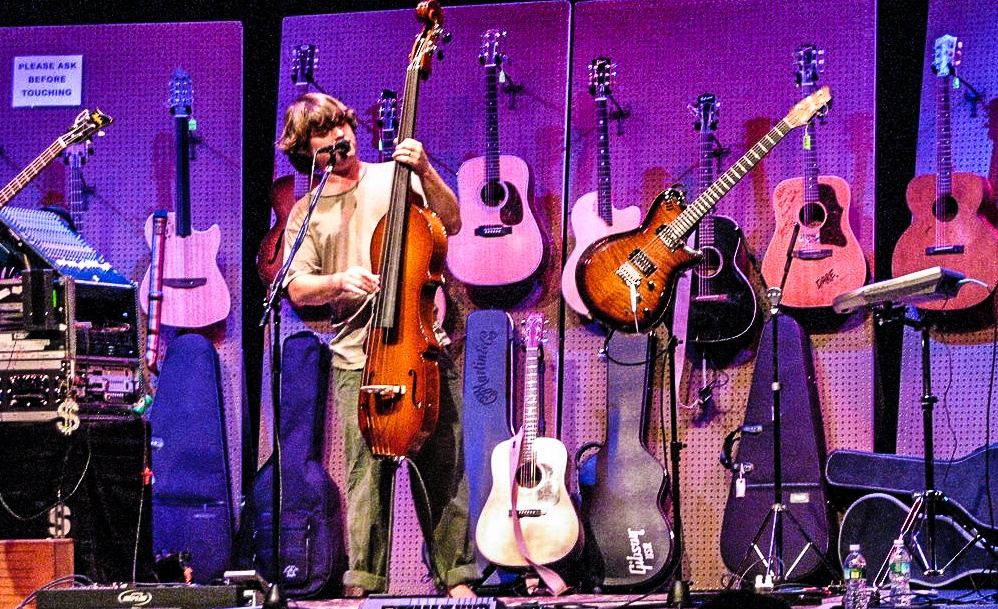
KW: I am giving the money generated from the Grateful Dead songs to an organization started by the Grateful Dead. I feel good about that.
GW: That’s great. I listened to all your tracks [from the DOS record] – great tracks: High Time, Samson and Delilah, Bertha, Sugaree, Shakedown Street, etc. How did you decide on which Grateful Dead songs to cover?
KW: First of all, I looked at the songs that we did on the first Grateful Grass record and did not do any of those. That’s where it started from. The ones that appear are the ones I like the best out of the ones that weren’t on the other record and the ones that came out the best. There were a few that didn’t make it on. There was a whole set from me, Nicki and Tim Bluhm which was a really cool one. I just wanted to focus on this release before I start diving into that material. There were a couple of songs that were really magical from that set as well – the Nicki and Tim Bluhm set that we played together. These are the best ones from the Grateful Grass.

GW: The tracks sound incredible. The guitar, bass, vocal, fiddle and I think there’s a mandolin in there. Was there a process in composing the tracks.
KW: No, I recorded my track onto MP3 and just sent them to everyone. I think they just listened to them the night before [laughing]. We just came in and put it together. This material it’s so much fun to gather amongst friends that don’t necessarily play this material yet know this material. And then, have a reason to let it rip. That’s what happened.
GW: And, “they” are being the Grateful Grass?
KW: Yes, Keith Moseley, Jeff Austin, and Michael Kang in this particular instance.
GW: In the previous 2008 album [REX], Michael Kang wasn’t part of the Grateful Grass but you decided to put him in as a member for this album.
KW: He is from Santa Cruz, which is a short drive to the gig where that was that night. He was suggested and it seemed obvious. I’m always always asking Michael Kang to do stuff and anytime he says ‘yes’ is a beautiful day. I go fishing with that guy all the time as far as trying to catch a gig with him [laughing]. You drop a line and try to pull up a gig from him. I get some bites from him and I got him on the hook for that particular gig. He’s turned down many gigs since then and before then as well. He’s very busy.
GW: So, he’s a fishing partner as well? [laughing]
KW: I don’t know if he fishes. I doubt it. I don’t see Mike Kang with a rod in his hand. I don’t think he would catch anything like that. He’d probably catch a soy fish if there were one.
GW: [Laughing] He’s part of the String Cheese Incident, correct?
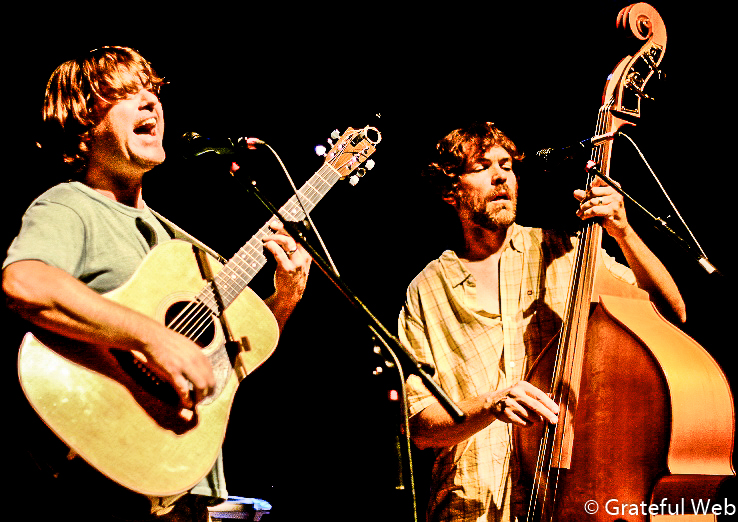
KW: That’s correct and so is Keith Moseley the bass player for this record.
GW: You’ve been working with String Cheese Incident as early as 1999 starting with the BREATHE record.
KW: Yes, we’ve been friends since 1995 I think is when I met them. Then, I started opening shows for them in the winter of 1996. Take it up to 2000, it was probably a hundred shows that I opened for them in the course of those couple of years. In 1999, yeah we got together for two weeks and did the record. I’m quite proud of that one. It came out great. Each record is kind of a document for me of where my head was and where my music was at the time. That’s really a document I’m proud of for sure.
GW: Over the years I’m counting over 20 records released from you, you’ve had much collaboration. Has that benefit you in your solo act?
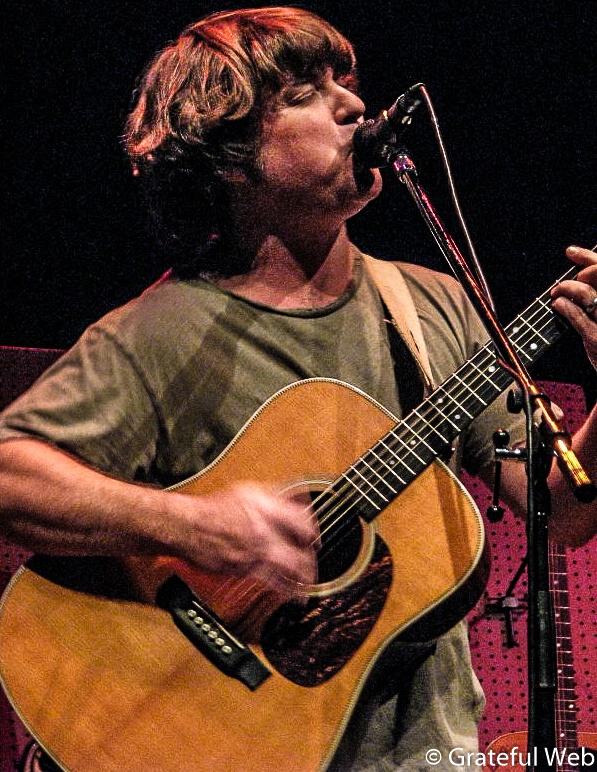
KW: I think both sides of my world benefit each other – both sides being the solo side and the collaborative side. There was so many years that I wanted to play with the band and could not afford it. Out of necessity, I played solo. Then, that started to work in all facets – financially, artistically, and there was no reason to fix something that was not broken and that was to focus on the solo thing. Then after a while, I was kind of allowed to bring in other people and get back to the root and the heart of it, which was to have that camaraderie and to communicate through music without language on stage with other musicians. Share that energy – something I can do more of than what I can do by myself. At the same time, there’s a certain energy and love that I have for that solo thing. There’s a certain kind of freedom. The repertoire goes way beyond my thought process right now. There is a certain thing that will trigger something that I forgot I knew – start playing and it’ll come back to me. In the collaborative process, that’s gone. You pretty much focus on the material that you know and kind of venture out in different improvs from there. Playing with people a lot makes me want to play solo more. And, when I get back to playing solo, there’s that rekindling of the love that I missed from not playing solo for a while. And vice versa, after playing solo for while, I’ll get back to wanting to play with people. It’s a nice mix that I’m allowed to have. When I say I’m ‘allowed’, what I mean by that is the folks that buy the tickets, that come to the show and support my whole world. They allow this to happen. I’m grateful for the people that support me.
GW: Sure. This is a great album – more people will be buying it. So, there’s no preference between solo and collaboration – it’s more a balance between both.
KW: That’s correct.
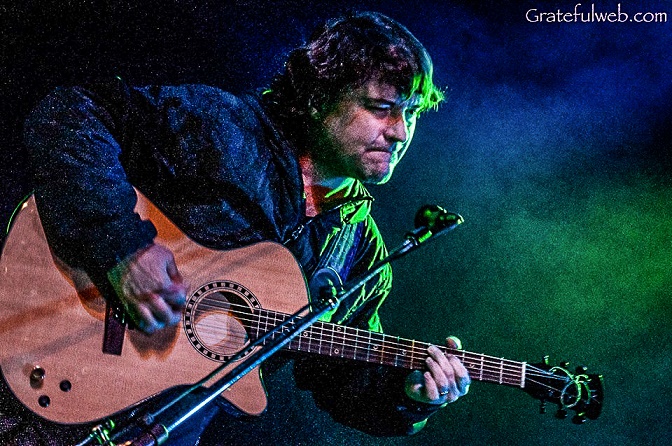
GW: On the DOS record, is there any particular track that stands out for you?
KW: I think the energy from “Bertha”, the first song, is super high, super hot. I dig the Bertha right off the bat. “Samson and Delilah” went into different places that we weren’t expecting it to go. And, that really worked out in a funny, really fast bluegrass song. I think those two stands out for me.
GW: “Samson and Delilah” has a nice fiddle pace to it – I like that.
KW: Yeah.
GW: You have a busy tour for the remainder of the year – some solo and others collaborative. Did you set that up logically as such?
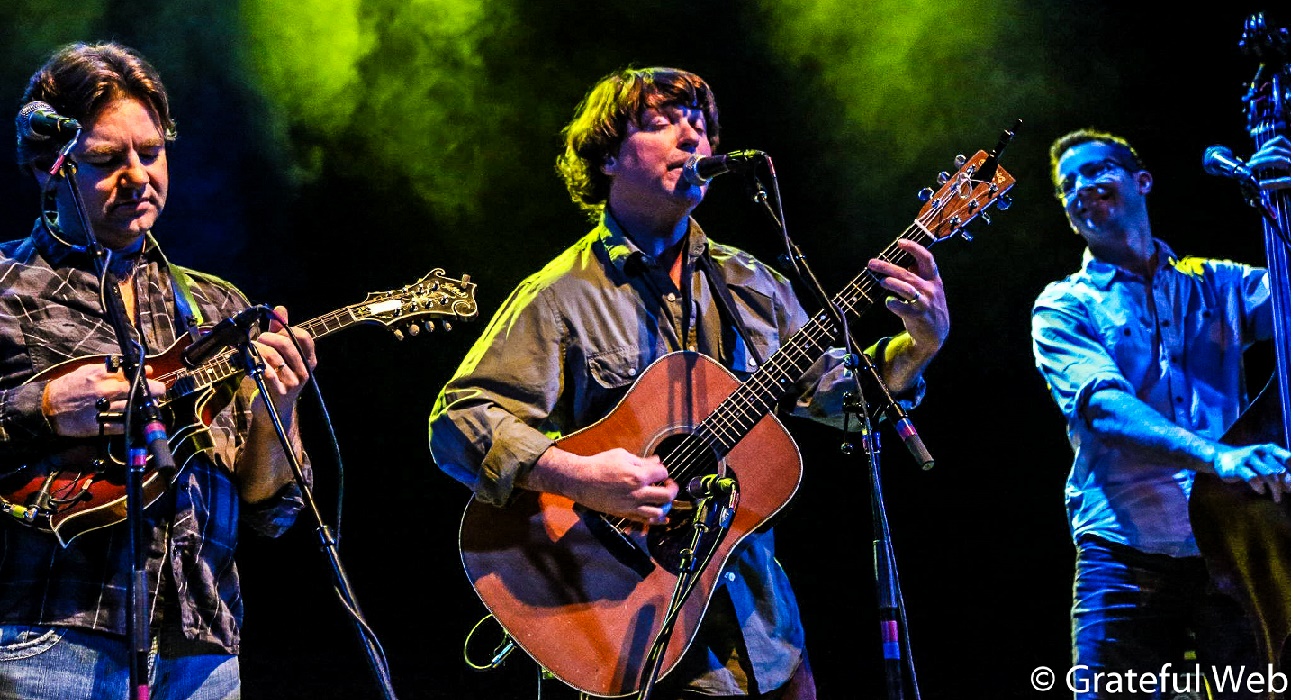
KW: A lot of that has to do with the promoters and what they want. Right now, there are four shows you can choose from: there’s the solo show, there’s the Keller & The Keels, the Travelin’ McCourys, and this funk band called the More Than a Little. This Grateful Grass thing is a bit of a novelty. It’s not something we were pushing sort of speak. Once we did that second show in December, it’s kind of like the interest was peaked and we started getting offers. I guess that’s a viable fifth element that I don’t really consider an option. I consider that a luxury. I consider playing Grateful Dead music a total, unrealistic luxury for me to be able to go out there and play this music to people that know it but yet play it in a different way – and to get away with it [laughing].

GW: Right.
KW: The most surprising thing is not that we’re pushing it. It’s that people are interested in the novelty aspect of it. I don’t know if it’s something that is going to continue. It’s never something we put a lot of focus into except accepting offers.
GW: Are you getting a lot of attention from your collaboration with the Grateful Grass – is that what you’re saying?
KW: Once the Grateful Grass did the second show (me, Keith [Moseley], Jeff [Austin], and Mike Kang) in San Francisco, that was at the height of booking season for the summer festivals. I think once people heard about that then they were interested in these players. In my mind, these are all-star players. They are well recognized in this community. I think people were into that idea. And, it all started with me, Jeff and Keith. For many years, we would never even visit it because we couldn’t get the three of us in the same room, in the same place and at the same time. I started reaching out to other players when those guys weren’t available. Like this festival coming up in Colorado called the Arise festival [Arise Music Festival], there will be three completely different players than what’s on the record. I’m really excited about that because there will be a whole new energy brought to it. Everyone knows this material and I have total confidence in these three players: Reed Mathis on bass, Bill Nershi on guitar, and Allie Kral on fiddle. And, I’m going to be playing a pretend mandolin, a mini guitar that looks like a mandolin. I’ll be playing a guitar in the mandolin tradition. I have a project Keller & The Keels when I play this instrument, it’s a guitar but I try to make it sound like a mandolin. It almost does but does not. It still maintains that mandolin/snare beat. In bluegrass, you have the upright bass just to kickdrum and the mandolin and kind of the snare together [Keller mimicks an instrumental sound, “boo-ka, boo-ka, boo-ka] and I’m doing the ‘ka’.
GW: The instrument is new for you – the Mandolin?
KW: I don’t really play mandolin. It’s a small guitar that I try to make sound like a mandolin. I don’t call myself a mandolin player even though I’m assuming the mandolin role.
GW: Well Keller, that’s it from me. I wish you luck on the remaining tour for the year. Do you have anything to add to your tour, the new album DOS, or anything I missed?

KW: No, you did great. Thank you very much for the press.
GW: Thanks a lot for having me.
KW: Bye now.





